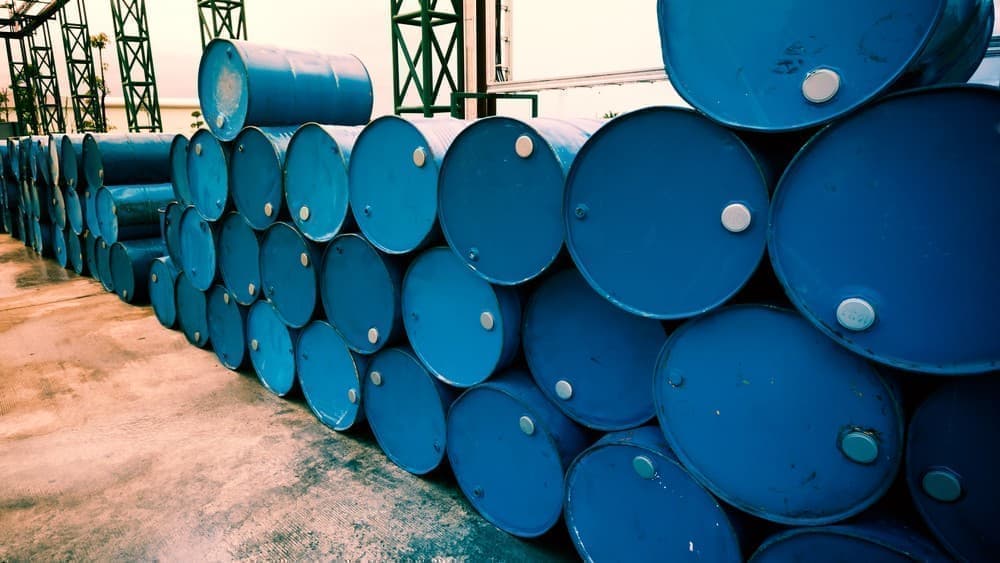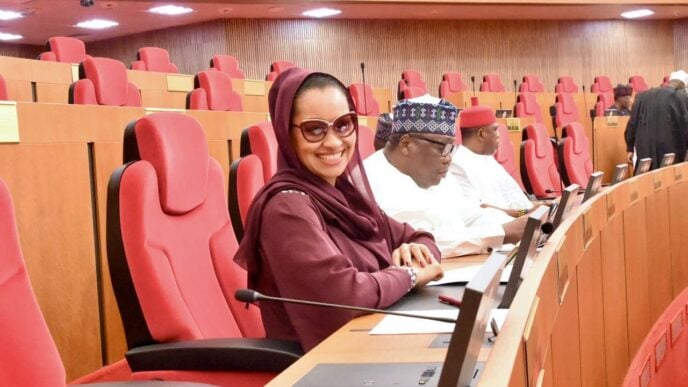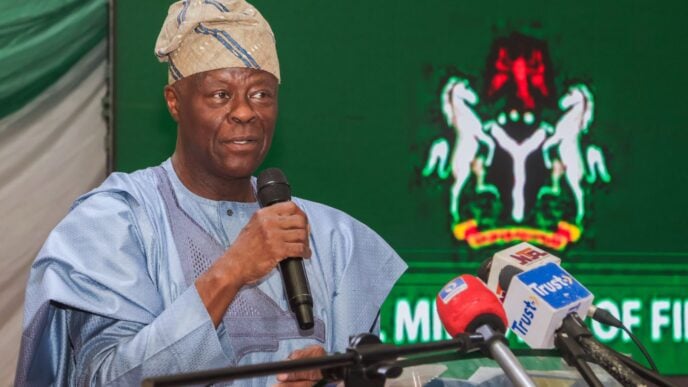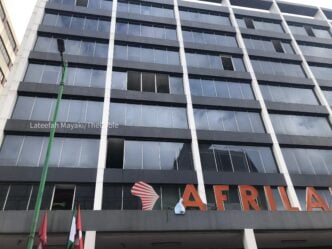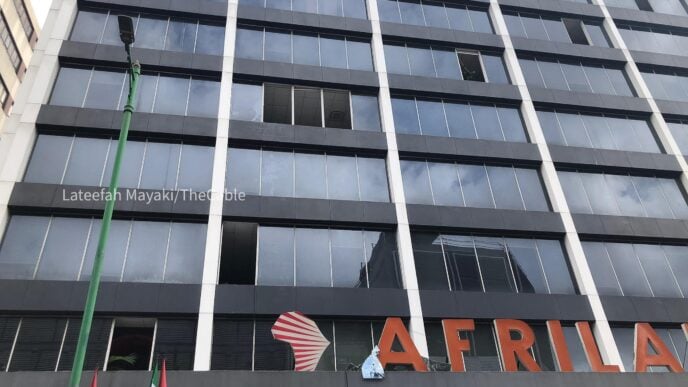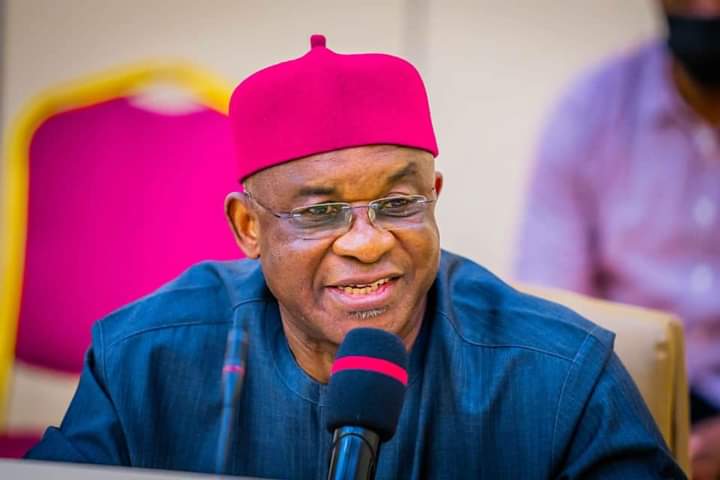Nigeria’s petrol import volumes declined to the lowest level in at least eight years in September, according to Argus, a market intelligence provider.
In a report on Monday, Argus, citing Kpler data dating back to 2017, said Nigeria received 116,000 barrels per day (bpd) of seaborne petrol in September, down from 154,000 bpd in August.
This, the report said, is despite the Dangote refinery conducting maintenance on its petrol-producing residue fluid catalytic cracking (RFCC) unit, experiencing recent industrial action, and receiving limited crude supplies.
Argus said net petrol imports fell to a new low of 38,000 bpd in September, following notable cargo loadings from the Dangote refinery bound for New York Harbour.
Advertisement
“Total petrol loadings from Nigeria were their second-highest on record at 77,000 bpd,” the publication said.
Quoting market participants, the media organisation said Dangote’s RFCC was taken offline on September 2 and was due to return fully online in early October.
“Towards the end of September, a dispute between the refinery and oil workers’ union Pengassan led to a two-day strike that disrupted natural gas and crude supply. This was resolved at the start of October,” Argus said.
Advertisement
Tracking by the intelligence firm showed that 375,000 bpd of crude arrived in September — down from 440,000 bpd in August.
“But no local gasoline supply shortages were reported in September, and gasoline asking prices at the Dangote refinery were broadly steady around 820 naira/litre (55¢/l),” the report reads.
“Naira-denominated domestic gasoline sales were further bolstered by the resumption of the naira-for-crude programme, under which Dangote pays local currency for domestic crude grades sourced from state-owned NNPC, and sells gasoline and diesel to the local market in naira.”
The publication said a one-day suspension of naira petrol sales by Dangote refinery on September 26 was “amicably resolved”.
Advertisement
“Dangote said domestic petrol demand was 252,000 b/d in September,” Argus said.
Nigeria was the world’s fifth largest petrol importer on a bpd basis in 2024, the report quoted Kpler vessel tracking data, but “this has dropped by more than 40pc to 162,000 b/d in January-September”.
“Nigeria is now the eighth largest global petrol importer. It remains the largest buyer of European gasoline, albeit at half the levels of a year ago,” the report added.
Argus reported that the European Union (EU), the United Kingdom (UK), and Norway supplied 78,000 bpd of petrol to Nigeria in September — the lowest level on Kpler’s records.
Advertisement
